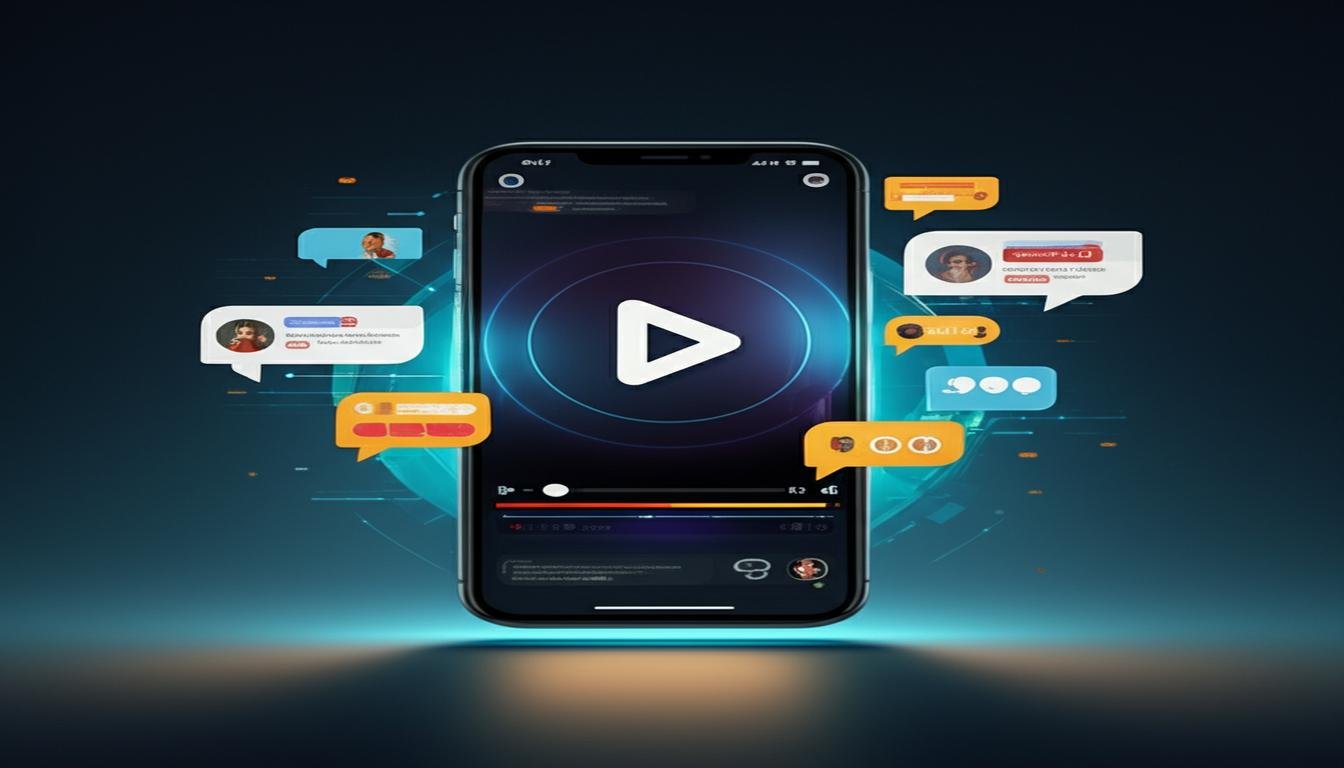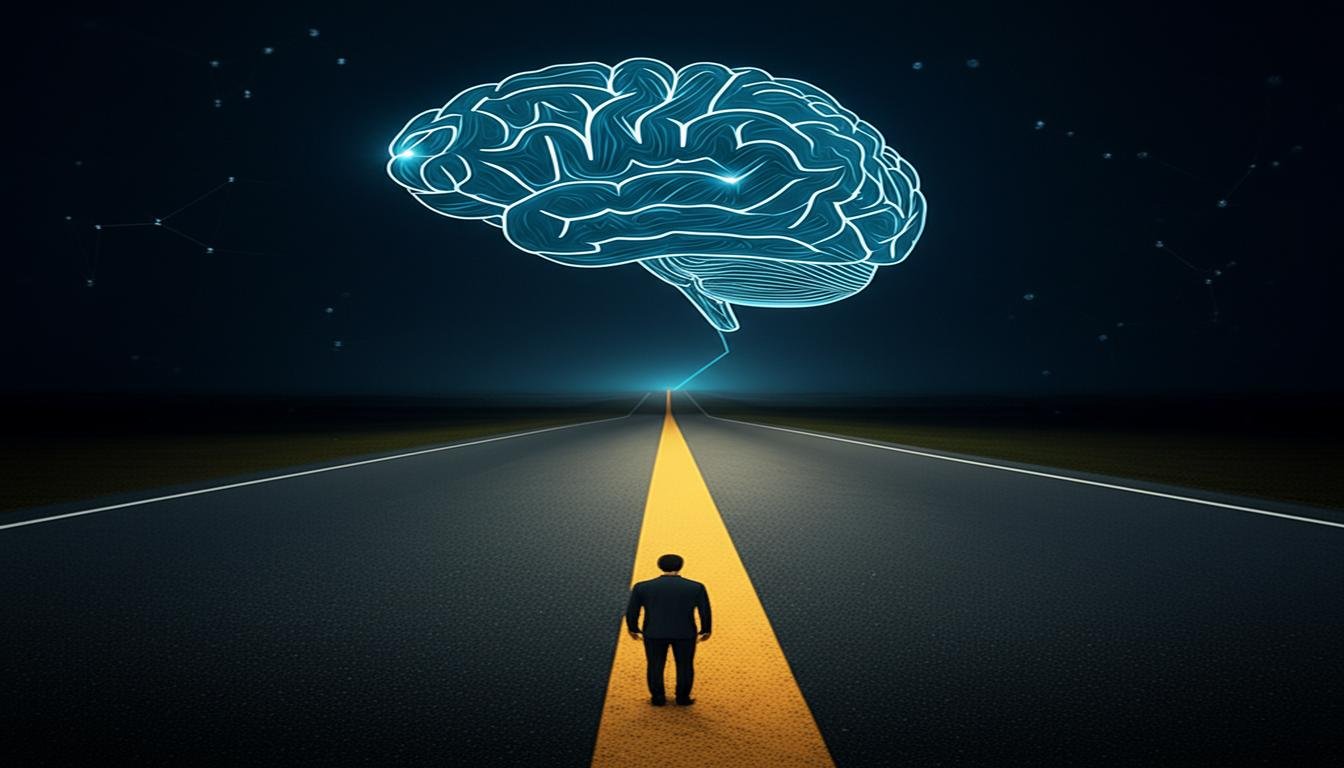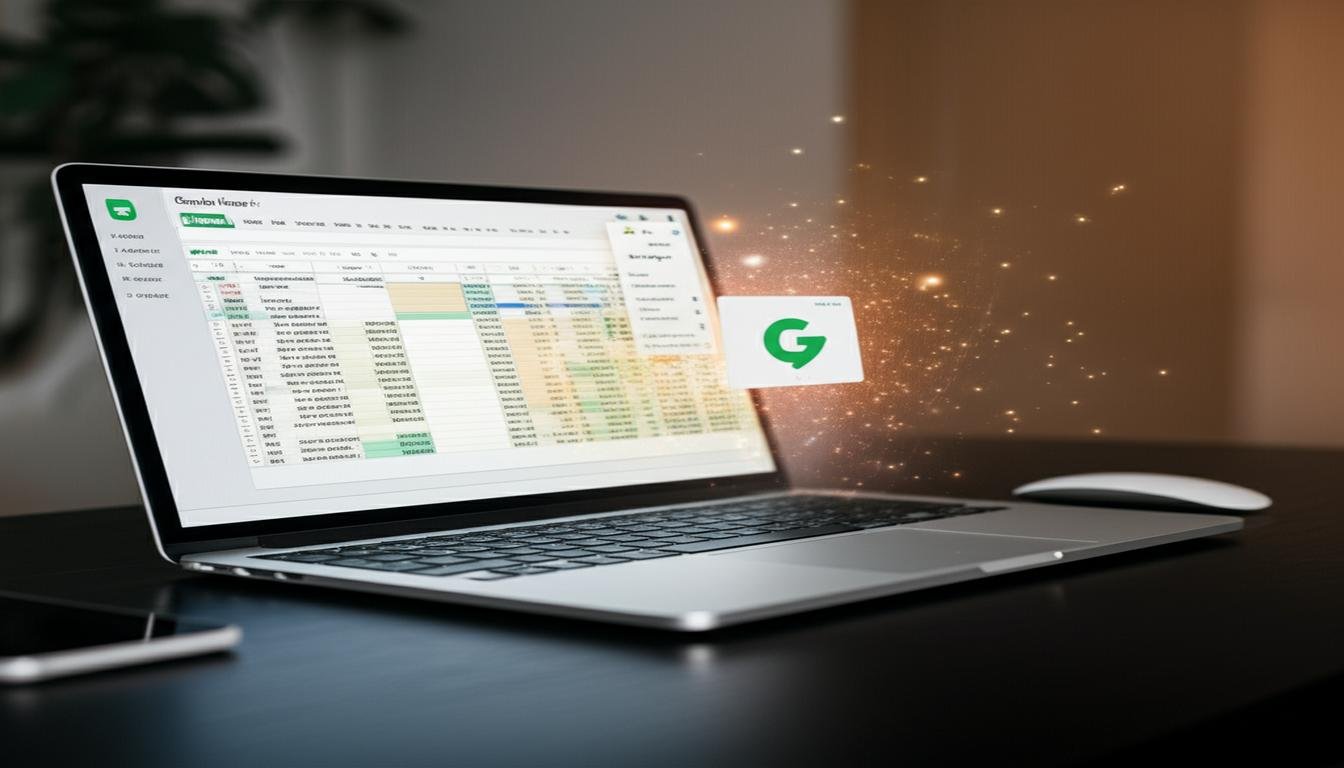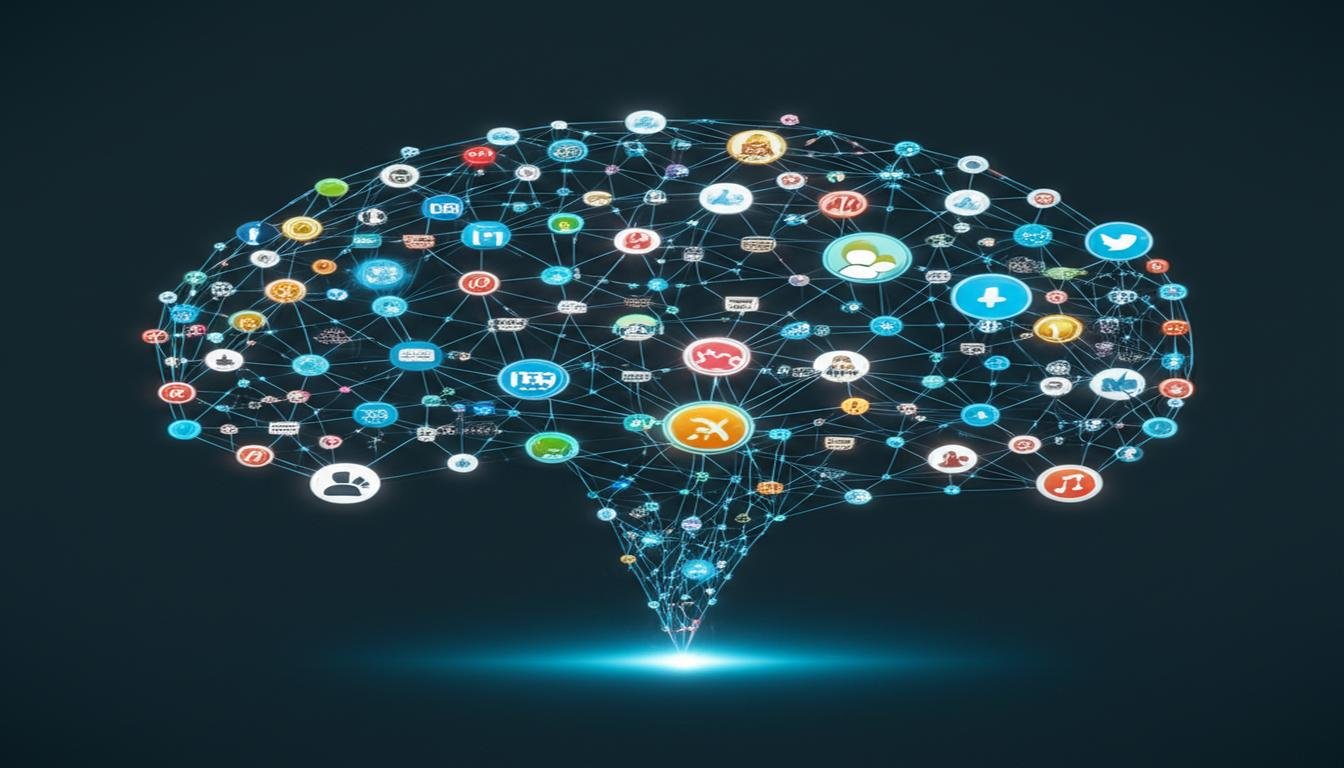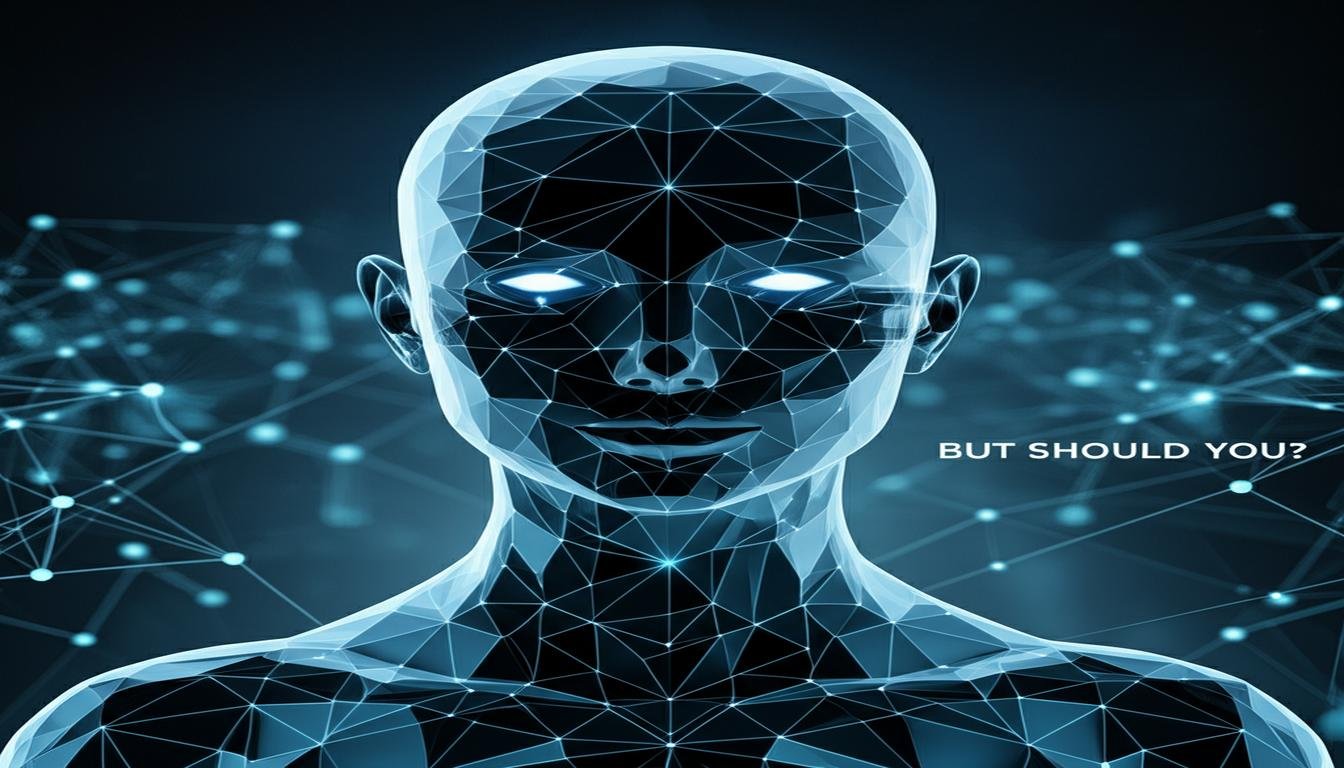AI Can Now Predict Breakups Before They Happen: Creepy or Cool?
Picture this: You’re scrolling through your social media, maybe chatting with your partner online, when suddenly, an app subtly suggests your relationship might be headed for trouble. Not based on a horoscope, but on cold, hard data. Sound like a plot from a sci-fi movie? Well, it’s becoming a reality. Artificial intelligence is getting scary good at predicting everything from stock market crashes to disease outbreaks. And now? It’s turning its gaze to our love lives. The big question on everyone’s mind: Is AI predicting breakups truly a cool innovation or just plain creepy?
The Tech Behind the Heartbreak (or Harmony?)
So, how exactly does a computer algorithm peek into the fragile world of human relationships? It’s not magic, it’s patterns. Researchers are feeding AI massive amounts of data: communication patterns, social media interactions, shared activities, even the tone of voice in conversations. The AI then looks for subtle “tells” – shifts in language, changes in how often people communicate, a drop in shared interests, or even geographical distance. It’s like having a super-smart detective analyzing every digital crumb you leave behind.
Think about it: we all leave a digital footprint. Every text, every like, every shared photo. AI can process these digital breadcrumbs far faster and more comprehensively than any human, identifying subtle trends that might signal a relationship is on shaky ground long before either person consciously recognizes it. It’s not reading minds, but it’s incredibly good at recognizing behavioral patterns.
The “Cool” Factor: Could AI Be a Relationship Coach?
Let’s play devil’s advocate for a moment. Imagine if this predictive AI could genuinely help. Could it be a powerful tool for good?
- Early Warning System: If AI spots red flags, it could alert couples to potential issues, prompting them to address problems before they spiral out of control. Think of it as a digital radar for relationship health.
- Proactive Communication: A heads-up from AI might encourage difficult conversations that are often avoided, leading to stronger, more honest connections. “Hey, your communication patterns suggest you two need to talk.”
- Seeking Help Sooner: If an AI predicts a high likelihood of a split, it could nudge couples towards counseling or professional help, potentially saving relationships that are salvageable.
- Self-Awareness: For individuals, seeing data-backed insights into their own relationship behaviors could foster valuable self-reflection and personal growth.
In this scenario, AI isn’t a doomsayer; it’s a diagnostic tool, a digital relationship coach offering a crystal ball that shows not fate, but probabilities.
The “Creepy” Factor: Privacy, Control, and the Human Element
Now, let’s flip the coin. The “creepy” factor here is undeniably strong. Many people recoil at the thought of a machine dissecting their most intimate connections. Here’s why:
- Privacy Invasion: What data is it looking at? Your texts? Your call logs? Your location history? The idea of an algorithm sifting through such personal information feels like a massive breach of privacy. Do we really want our digital footprint to predict our heartbreak?
- Self-Fulfilling Prophecy: If an AI tells you your relationship is doomed, could that very prediction cause it to fail? The psychological impact of such a pronouncement could create anxiety, suspicion, and a lack of trust, essentially becoming a self-fulfilling prophecy.
- Loss of Intuition: Relationships are messy, emotional, and deeply human. Relying on an algorithm might diminish our own intuition, empathy, and the hard-won lessons learned through navigating relationship challenges ourselves. Do we want a machine to tell us how to feel or what to do?
- Ethical Minefield: Who owns this data? How is it used? Could it be sold? Could it be used for manipulative purposes, like targeting ads based on relationship status or even for dating apps to “match” people who are predicted to break up soon? The ethical implications are vast and largely uncharted.
What Data Is It Even Looking At?
While specific models vary, the AI often analyzes things like:
- Communication Frequency: Are calls and texts decreasing?
- Emotional Tone: Is the sentiment in messages shifting from positive to negative?
- Shared Activities: Are joint social media posts or shared calendar events becoming less frequent?
- Reciprocity: Is there an imbalance in who initiates contact or makes plans?
It’s about identifying changes in patterns, not necessarily reading the content of your most private messages (though some more invasive applications could, theoretically, do that too, which is where the real privacy concerns hit).
Finding the Balance: It’s About How We Use It
Ultimately, AI predicting breakups isn’t inherently good or bad. Like any powerful tool, its impact depends entirely on how we choose to use it. Could it be a catalyst for healthier relationships by prompting difficult but necessary conversations? Potentially. Or could it be an Orwellian invasion of our personal lives, reducing love to a cold algorithm? Also a real possibility.
The key is discernment. We need to be wary of over-relying on technology for something as complex and nuanced as human connection. While AI can spot patterns, it can’t understand the depth of human emotion, the power of forgiveness, or the resilience of love. Our relationships thrive on communication, effort, empathy, and a willingness to work through challenges – not on a predicted outcome from a computer.
So, is it creepy or cool? Maybe it’s a bit of both. It’s a fascinating, unsettling glimpse into a future where technology touches even the most intimate parts of our lives. The real challenge for us, as humans, is to decide where to draw the line and ensure that in our quest for data and prediction, we don’t lose the very essence of what makes our relationships, and our lives, truly human.




